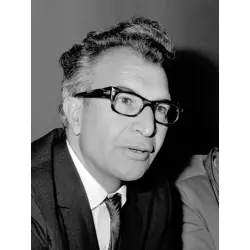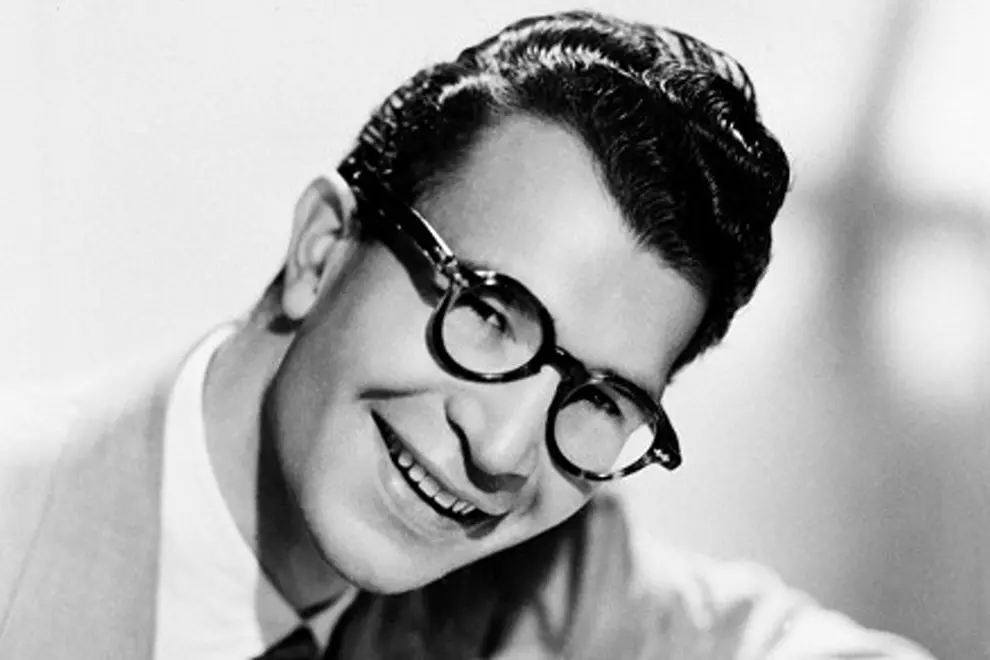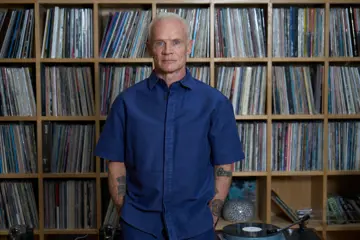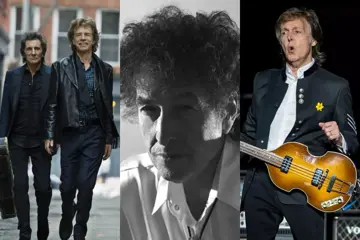 Dave Brubeck
Dave BrubeckJazz pianist and composer Dave Brubeck has passed away at the age of 91, it was reported overnight, the legendary musician passing away on his way to a cardiology appointment, just one day before his 92nd birthday.
Brubeck is credited with bringing jazz back into the mainstream; his ability to wrangle comparatively abstract time signatures and managing to fit them into music that could be adopted by the general populace one of the most masterful examples of musicality in contemporary music.
Initially attending Stockton, California's College of the Pacific to study veterinary science in order to join his father on their family cattle ranch, he was convinced by the college's head of zoology to transfer to the college's music school, where he believed Brubeck's heart truly lay. While he expressed an enviable knack for counterpoint and harmony, the college sought to expel him when they discovered he could not read music. His talent was strong enough that they were convinced to allow him to graduate, but Brubeck was forced to promise the college that he would never teach music.
After graduating, Brubeck was drafted into the US Army and ordered to serve overseas, it was during this tenure that he formed The Wolfpack, which was to be one of the first racially integrated bands in US Army history. He also met fellow composer and alto-saxophonist Paul Desmond, who would go on to become one of Brubeck's closest collaborators up until his death in 1977.
Don't miss a beat with our FREE daily newsletter
At the end of the 1940s, Brubeck was leading both an octet and a trio, they were picked up by Coronet Records – who soon changed their name to Fantasy Records – and became an enormous hit, selling tens of thousands of records across the United States. In 1951 he formed The Dave Brubeck Quartet with Desmond and the band frequently toured colleges around the country as well as playing a famously lengthy residency at San Francisco's Black Hawk nightclub.
The quartet released a string of albums through the 1950s, but it was 1959's Time Out, released on the Columbia label, that became (and remains) the best known and most well-received of Brubeck's work. The record boasted hits such as the Desmond-penned Take Five (the only song on the record not written by Brubeck) and Blue Rondo à la Turk, it became the first jazz album in history to sell over one million copies and, at a time where the western world was embracing short, snappy, straight pop songs, it dominated the pop charts and put jazz back into the spotlight.
He never had another record as popularly successful as Time Out, but Brubeck's place in the fabric of American music was established and he continued to perform and release records prolifically in the ensuing decades. While he was a popular musician and would go on to record many records of standards from the likes of Cole Porter, Bernstein and Sondheim and even famous Disney songs, his objective to turn the American public onto new and interesting music either through compositions of a complex nature or inspired by elements considered left-of-field at the time; 1964's Jazz Impressions Of Japan was inspired by a trip to the then very exotic country, 1961's Time Further Out seeing him experiment with time signatures even more drastically than before and the second side of 1963's Time Changes – featuring just one song, Elementals – sees Brubeck take that love of abstract time signatures and put it into an orchestral setting.
Brubeck was the second jazz musician to be featured on the cover of Time magazine, though the humble artist was reportedly embarrassed by the honour, believing that Duke Ellington was more deserving of the honour but passed over due to the colour of his skin. “It just bothered me,” Brubeck said to the LA Times in a 2010 interview.
The pianist continued to play well into his twilight years, going back to performing shows in 2010 just weeks after having a pacemaker inserted. In celebration of his 90thbirthday, Clint Eastwood and Bruce Ricker put together a documentary that looked at his lengthy career called Dave Brubeck: In His Own Sweet Way.
Speaking of film, an amazing Australian film believed to be from April 1962 is available on YouTube and shows Brubeck and his quartet in scintillating form live on Australian television. If you have a spare half-an-hour, it's vital viewing.
















